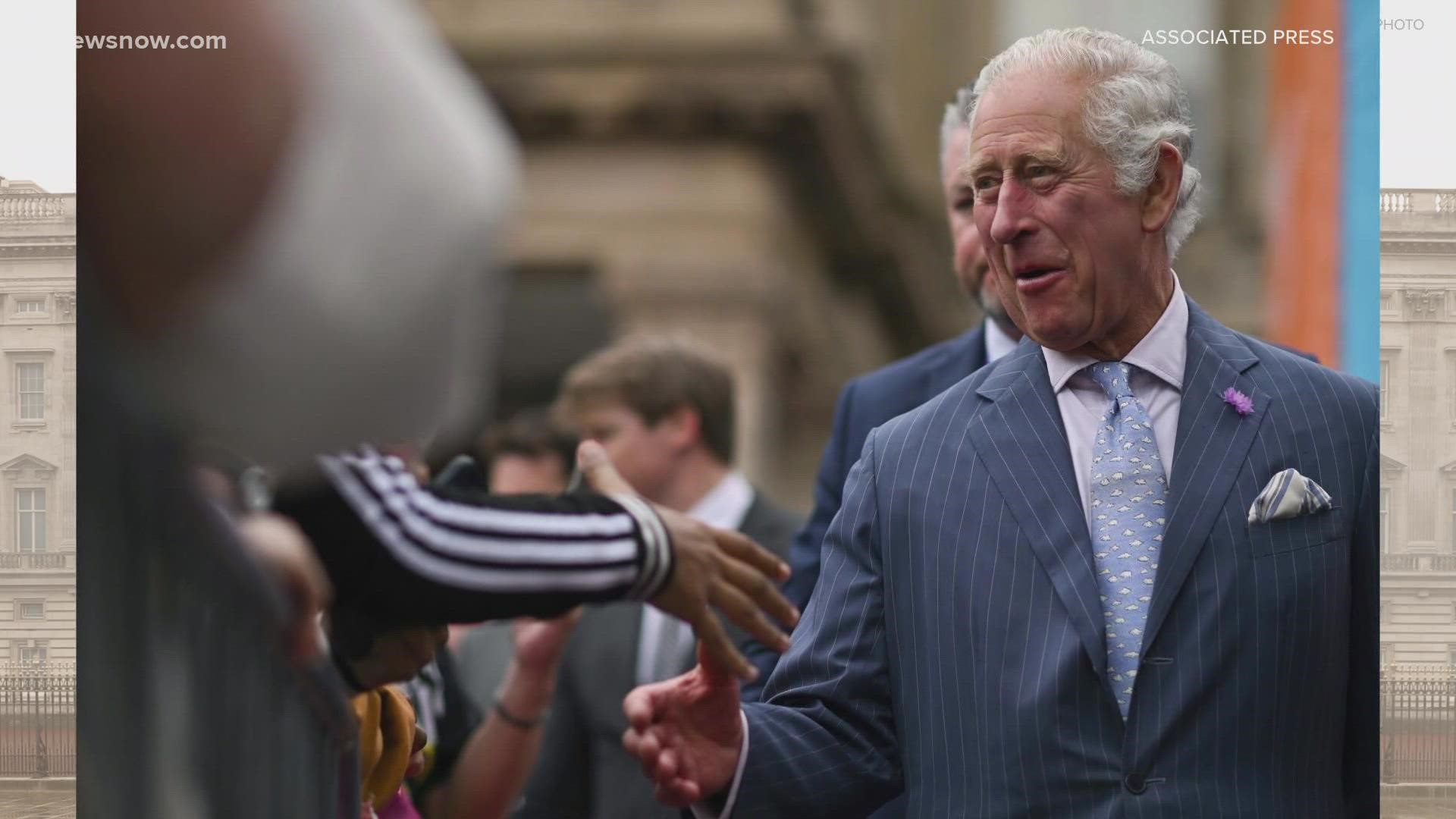WASHINGTON — With the passing of Queen Elizabeth II comes a sequence of events the Monarchy hasn't performed in seven decades. It’s the first time most of the world will ask: what happens next? As with all things Royal, there are rules, and there's a plan.
THE SOURCES:
WHAT WE FOUND
The “palace intrigue” extends far beyond the British Embassy here in this country, where the Royals’ only real power over us might be to keep us curious. We're verifying the answers to some common questions about the next generation of Windsor.
Charles is divorced – doesn’t that disqualify him from being king?
Actually, it’s a big misconception that ending his first marriage to Diana Spencer was a disqualifier–it’s the remarriage, to Camilla Parker Bowles, that could have caused an issue.
Because of the Royal Marriages Act of 1772, marriages of close royal family members require approval from the Queen–which she granted in this remarriage.
This, plus a softening of the Church of England’s stance on divorce and remarriage in 2002, kept Charles’ place in the line of succession secured.
The Queen also declared his wife, Camilla, Queen Consort once Charles became king.
Why is Charles already king, without a formal coronation?
“Today the crown passes, as it has done for more than 1,000 years, to our new monarch, our new head of state, His Majesty King Charles III,” said new United Kingdom’s Prime Minister Liz Truss during a press conference.
Charles is also being referred to as “The King” in Royal Family statements and tweets following Queen Elizabeth II’s death.
According to a British Law and the office of the Privvy Council, a U.K. government office, “a new Sovereign succeeds to the throne as soon as his or her predecessor dies.”
The days to come will be full of small ceremonies and official marks of his ascent to the throne, but the ceremonial coronation takes a lot of preparation and planning–and might not happen for some time.
What’s the line of succession now?
Prince William, Charles’ oldest son, is now first in line, then his children, George, Charlotte, and Louis, then Prince Harry, his kids Archie and Lilibet, then the Queen’s other son, Prince Andrew, his daughter Princess Beatrice, her daughter Sienna Elizabeth Mapelli Mozzi, and finally Prince Andrew’s daughter, Princess Eugenie, and her son August Philip.
Princess Charlotte, William and Kate’s daughter, is in her spot on the list because of a 2013 rule change: the line of succession is no longer dependent on gender, one more example of how things changed over her grandmother’s long rule.

